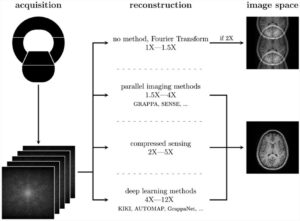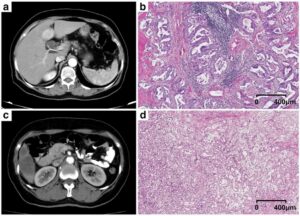This week in artificial intelligence (AI) news, we take a look at systems being utilized for quality control in factories while some workers are in quarantine, cataloguing print media over the past 200 years using machine learning technology, and robotics in Boston helping local organizations to sanitize their workplaces during the COVID-19 pandemic.
The rise of the COVID-19 pandemic has forced many businesses and organizations to adapt to this ‘new normal’; one area, in particular, is that of manufacturing. Artificial intelligence tools, specifically machine learning and deep learning, are being utilized by manufacturers as a quality control tool. These AI solutions include technology like cameras on the manufacturing line and ‘inspector robots’ that are able to spot any defects or inconsistencies that may bring a factory to a grinding halt, thus saving time and money. Read more in this article from Wired.com on companies that are rolling out this machine learning technology and how it’s helping them to continue their businesses throughout the pandemic.
In a new effort by the Library of Congress in the United States, historical documents (think old newspapers and magazines) are getting the modern treatment through the use of machine learning technology. Ben Lee, a researcher from the University of Washington is the Library of Congress’s current ‘Innovator in Residence’ and is leading this initiative. The technology has the ability and capacity to catalogue and categorize millions of images and articles dating back to 1789! Read more on this project in an article from TechCrunch.com by clicking here.
A research project from the Massachusetts Institute of Technology’s (MIT) Computer Science and Artificial Intelligence Lab (CSAIL) is being put to use in order to help with disinfection during the COVID-19 pandemic. The robot, which was developed in a partnership with Ava Robotics, is helping The Greater Boston Food Bank (GBFB) to keep things pristine in their workplace. The robot is able to map out the space in which it operates, in this case the GBFB warehouse, and utilizes UV light to disinfect surfaces; moreover, the robot also has the ability to destroy aerosolized forms of the coronavirus that may be present in the air, according to an article from TechCrunch.com. Think of it as a Roomba on steroids! The system may have additional applications in places like schools and grocery stores as the United States attempts to open up the country. Read more on this story by clicking here.













